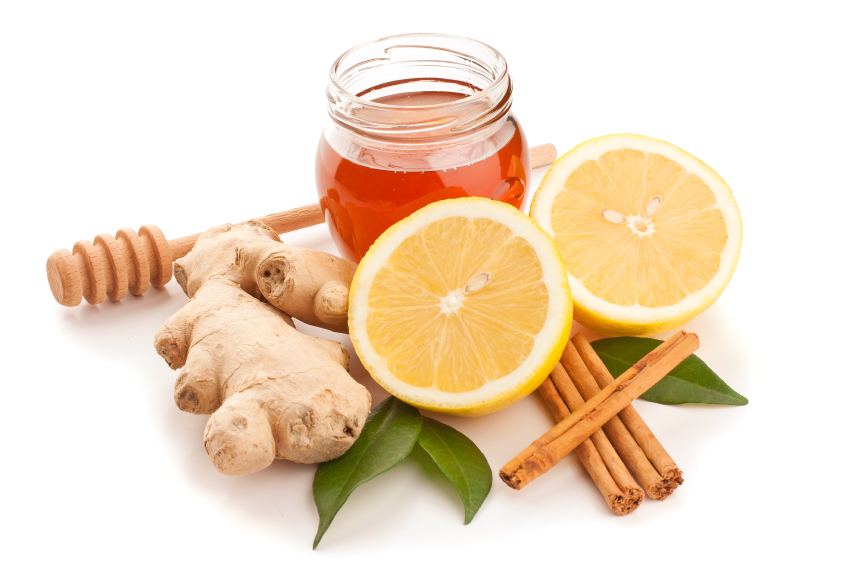
Fertility treatment can be done without the help of powerful medications, high-tech procedures or even any other advanced diagnostic testings. All you need to do is to choose the perfect kind of food and drinks which will indirectly help in influencing your ability to conceive. One can say that food and fertility are closely knit, and therefore by having the correct balance of vitamins and minerals, it will help you with problems related to fertility.
Some of the studies observed that women who consumed foods which included larger quantities of animal proteins, trans fats, and carbohydrates, among other dietary factors, were more prone to have ovulatory dysfunction. In nearly 20 percent of women seeking help in conceiving, ovulatory problems are the main reason for their infertility. The researchers concluded that a larger part of such cases “may be preventable” by altering the diet and lifestyle. Those findings pertain only to women with ovulation problems and not to all those women who are infertile.
Nutrition plays a significant role when it comes to maintaining a healthy body as well as a healthy reproductive system. Antioxidants, which assist in protecting the egg and sperm from free radicals, will also be found in the foods that we consume.
You should try to eat more complex carbs and restrict those highly processed ones. The body tends to digest bad carbs instantly and then turn them into blood sugar. In order to drive down the blood-sugar spike, the pancreas discharges insulin into the bloodstream. On the other hand, the good carbs, that is, those containing fibre, are digested slowly and have a more progressive effect on blood sugar and insulin. There are some studies which have determined that high insulin levels appear to hinder ovulation.
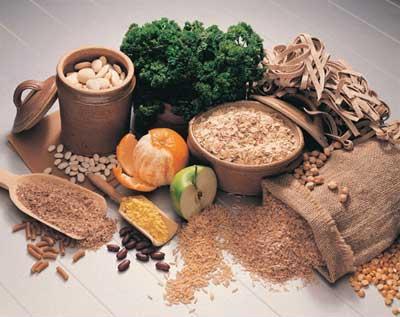
Organic foods are good for fertility. Conventional produce contains harmful herbicides and pesticides which have been shown to influence both female and male fertility negatively. Studies have also revealed that organic fruits and vegetables to have more nutritional value.
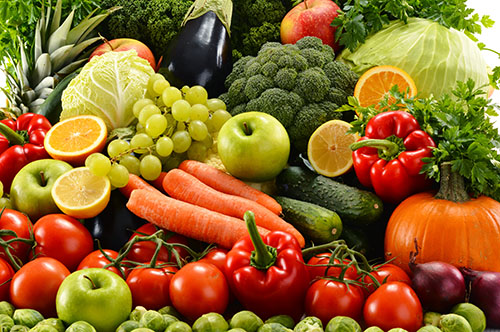
What is the right choice of dairy sources? It definitely is organic, grass-fed, whole fat raw dairy. One thing that you should keep in mind is that dairy foods like milk and cheese may be congesting to the body. In cases of congesting fertility issues like PCOS and Endometriosis, dairy foods may worsen the imbalance.
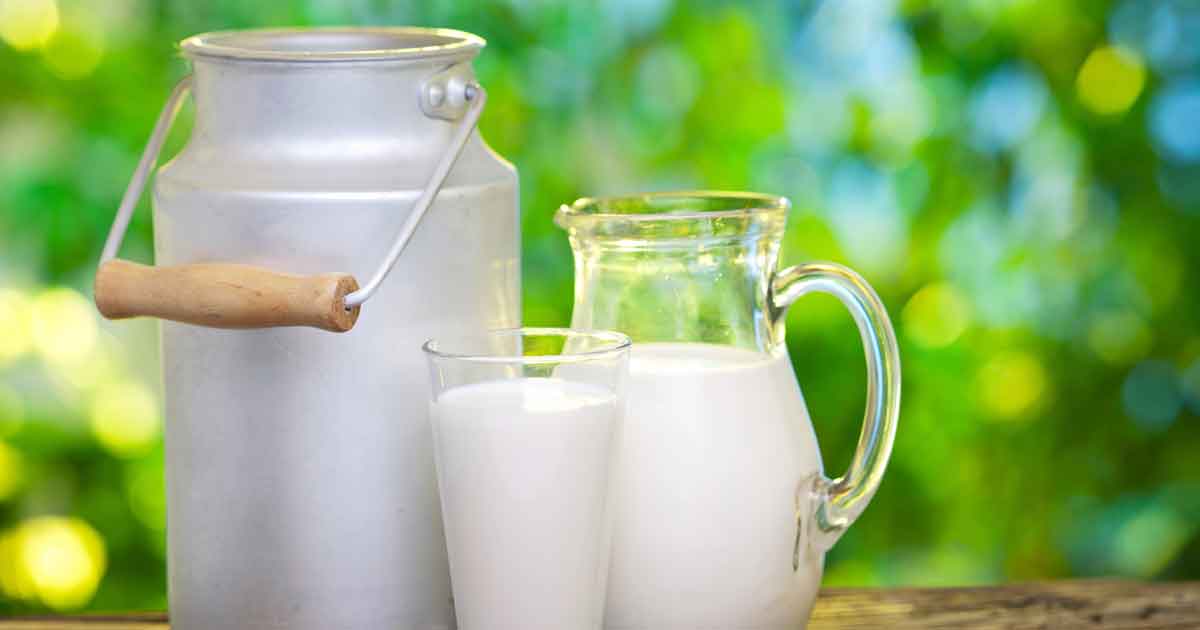
Have you heard about choline? It is a nutrient with the potential to diminish harmful gene effects that may result in congenital disabilities. It also is vital for the functioning of the brain. Most women don’t get sufficient choline; many of the prenatal vitamins does not contain it. However, egg yolks are loaded in choline. If you are a vegetarian, then you should consider having Cauliflower, which has a good amount of choline content.
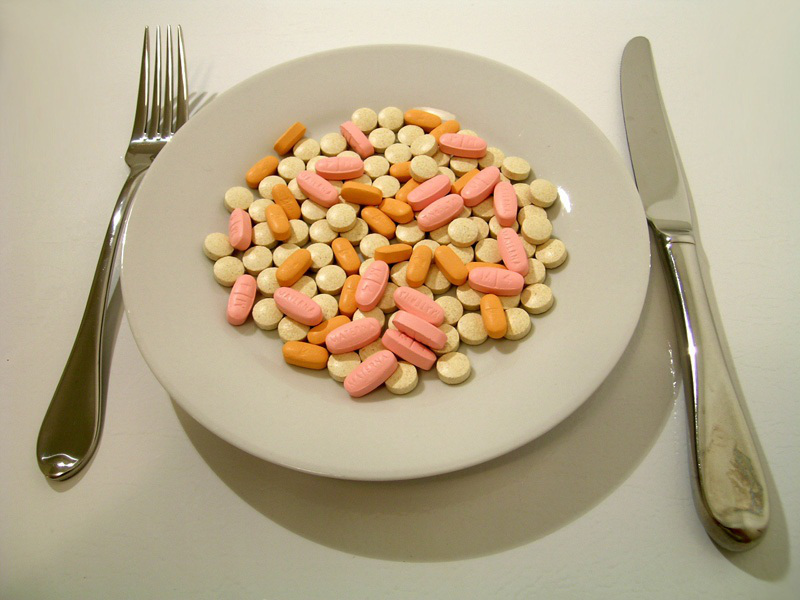
Dodge all the trans fat and consume foods that contain more healthy unsaturated fats. Trans fats (which are found mainly in foods like commercial baked and snack foods or even animal products) increase insulin resistance. Increased insulin levels generate a lot of metabolic disturbances that influence ovulation.
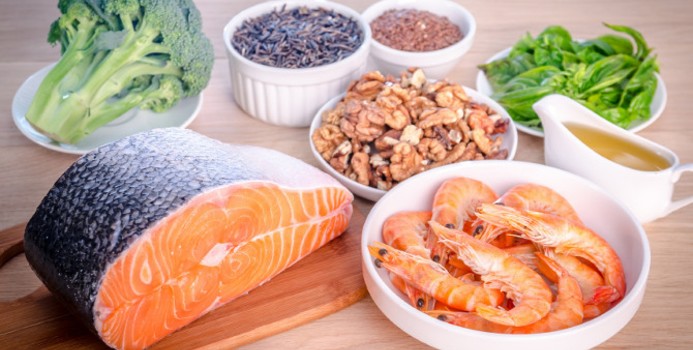
You can get more protein from plant foods such as beans and limited from red meat. From the nuts, beans, tofu, etc., we get plant protein. This comes with healthy fats and is relatively low in calories and can be helpful for weight loss.
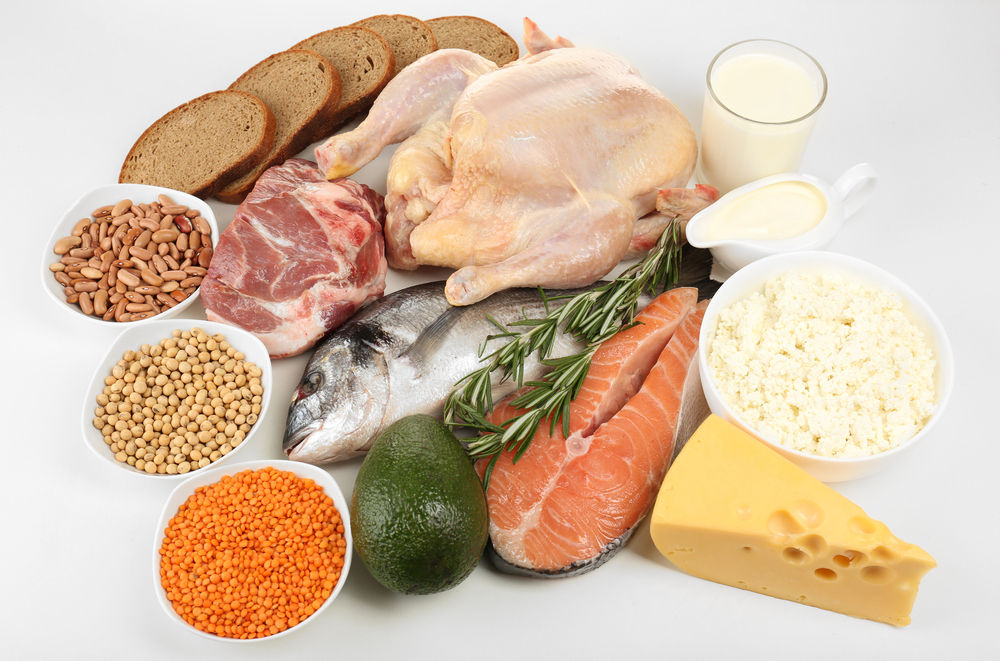
Fish is one food which supplies essential fatty acids like omega 3, to our diet. These fatty acids help in the generation of hormones, decrease inflammation, and promote in regulating the menstrual cycle. Fish is also loaded with vitamin A and protein. However, you should try to avoid large deep water fish because of their potential concentrations of mercury. On the other hand, you can concentrate more on cold water fish like wild Alaskan salmon, cod, and Alaskan halibut.
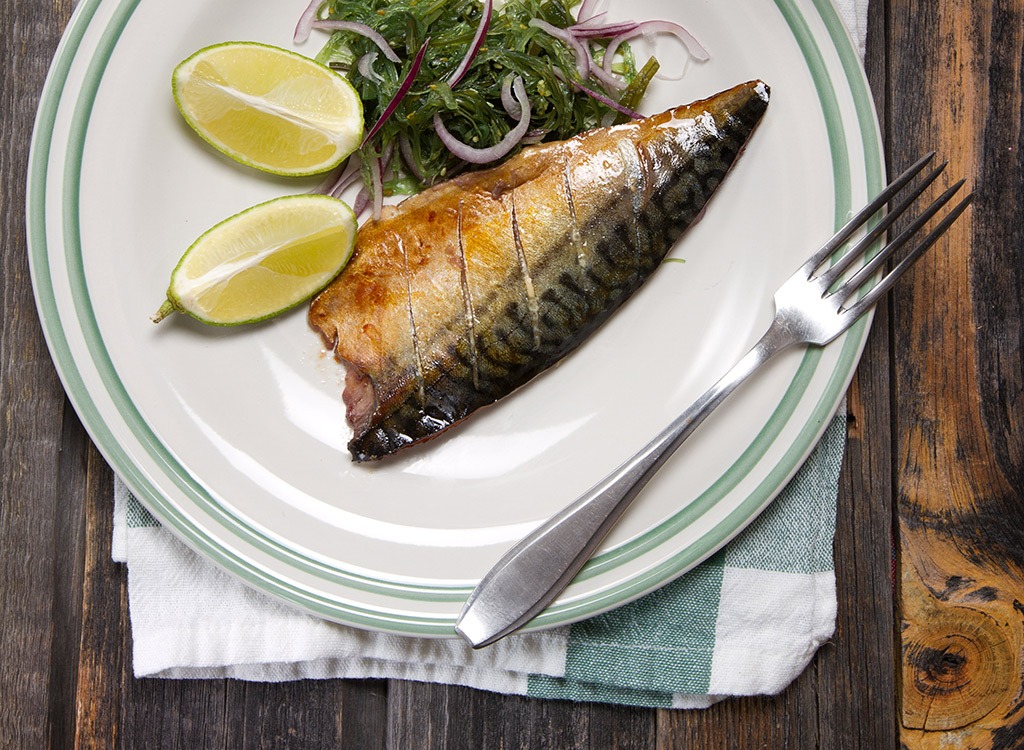
Fibre aids to control blood sugar levels which serve to reduce fertility issues like PCOS, immunological issues and supports healthy hormonal balance. There are numerous other foods which are rich in fibre such as dark leafy vegetables, fruits, vegetables, and beans.
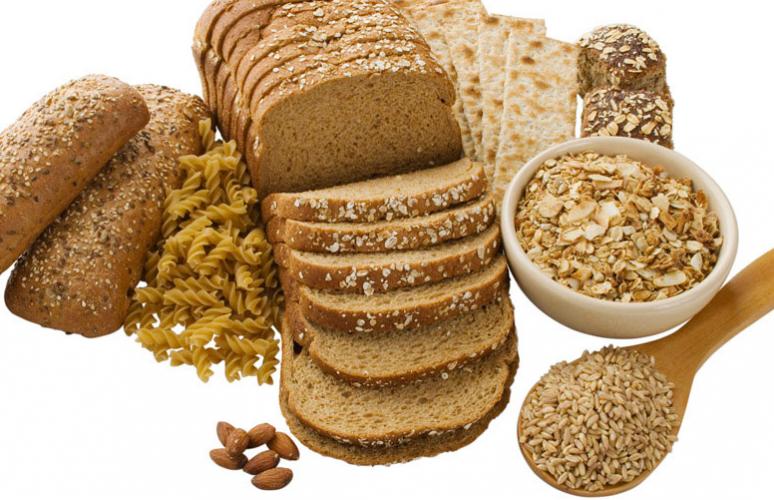
Vitamin D is an essential element which helps the body to create sex hormones. This, in turn, influences the ovulation and hormonal balance. Dairy, Eggs, cod liver oil and fatty fish are loaded with vitamin D. You can also obtain vitamin D by just sitting out in the sun for around 15 to 20 minutes every day, but absorption is influenced by the darkness of your skin.
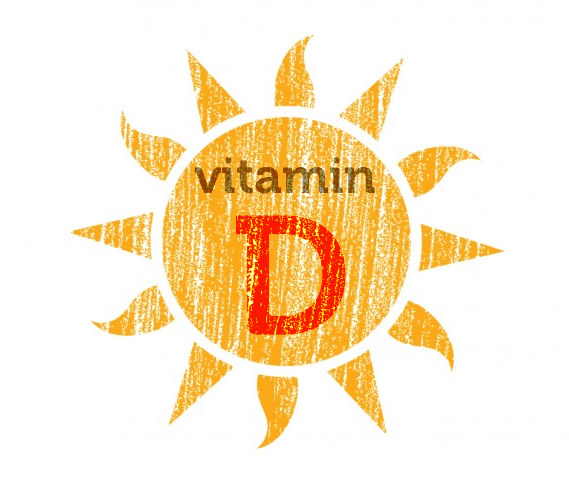
Vitamin E has been confirmed in studies to develop sperm health and motility in men. Investigations have also revealed a diet deficient in Vitamin E to be a cause of infertility in rats. Vitamin E is also an essential antioxidant to help shield sperm and egg DNA integrity. Sunflower seeds, almonds, olives, spinach, papaya, dark leafy greens are good sources of vitamin E.
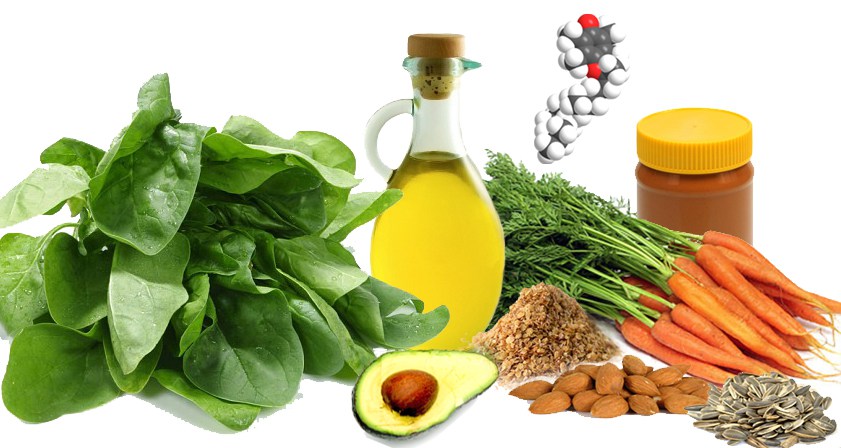
As per a study published in Fertility and Sterility, Vitamin C improves hormone levels and raises fertility in women with luteal phase defect. As for men, vitamin C has been proved to improve sperm quality and safeguard the sperm from DNA damage; assisting to reduce the risk of miscarriage and chromosomal problems. Vitamin C also seems to keep sperm from clumping together, making them more motile. Vitamin C is abundant in plants and fruits including red peppers, broccoli, cranberries, cabbage, potatoes, tomatoes, and citrus fruit.
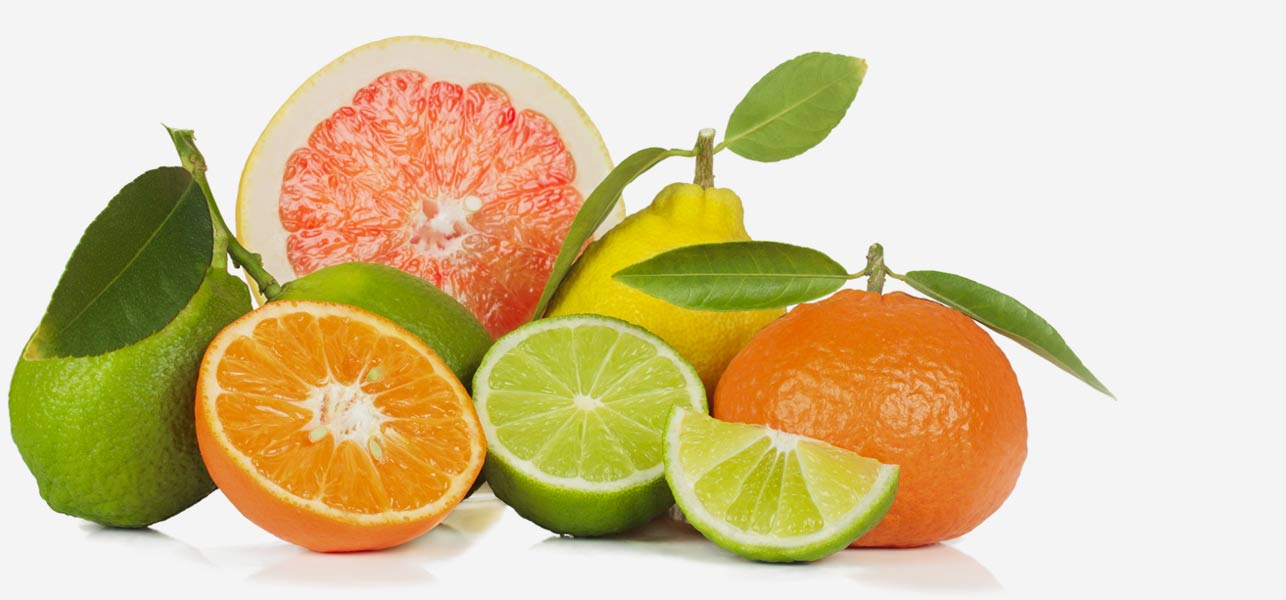
It is the most powerful creation to have life growing inside of you.There is no bigger gift